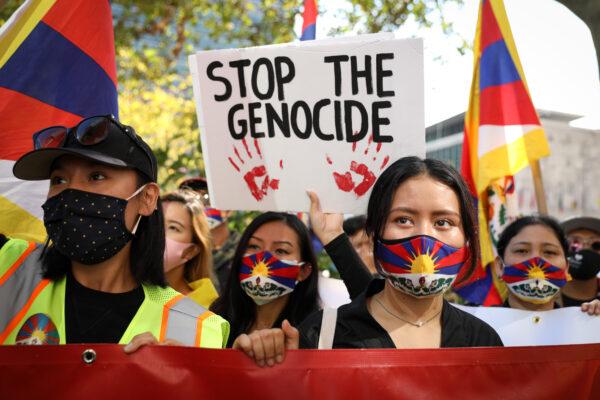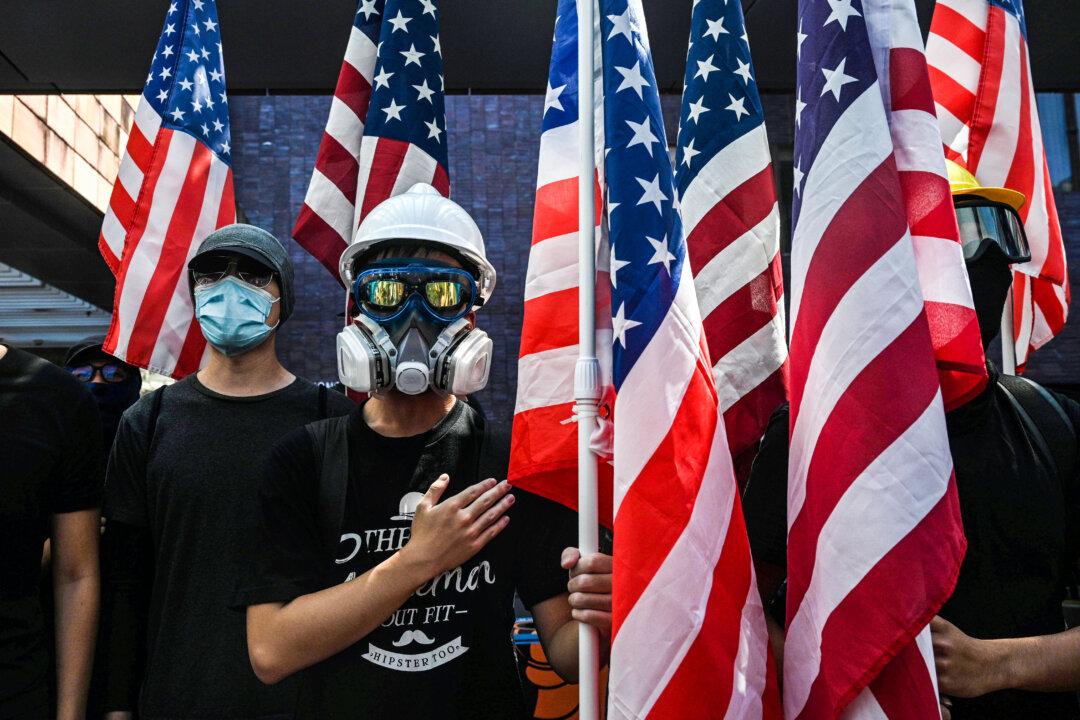Unfavorable views of China are shared among the majority of 19 countries surveyed by the Pew Research Center. Human rights issues are the top reason for the negative view of the Communist regime.
Criteria of Concern
The respondents identified concerns about four issues relating to China: China’s policies on human rights, China’s military power, economic competition with China, and China’s involvement in the politics in their country.Among 19 nations, the United States, Japan, South Korea, Australia, and Sweden have the worst views of China, more than 80 percent of respondents in each country holds a very unfavorable opinion of China.
China’s policies on human rights top the public’s concern and are tied to the unfavorable view of the country. A median of 79 percent of respondents across the nations say those policies are a “serious” problem, and 47 percent say they are a “very serious” problem.

China’s military power is seen as a “serious” problem by a median of 72 percent of respondents. It is seen as a relatively more important problem in the Asia-Pacific region. In Japan and Australia particularly, a majority of respondents are very concerned about China’s military.
Human Rights Versus Economics
In nearly all places surveyed, for those who see China’s human rights policies as a very serious problem, the public favor promoting human rights regardless of economic consequences.When asked the first things that come to mind about China, “one-in-five Americans mentioned human rights, including 3 percent who specifically mentioned the Xinjiang region and the Uyghurs who live there, genocide, or concentration camps,” the Pew research reported.




